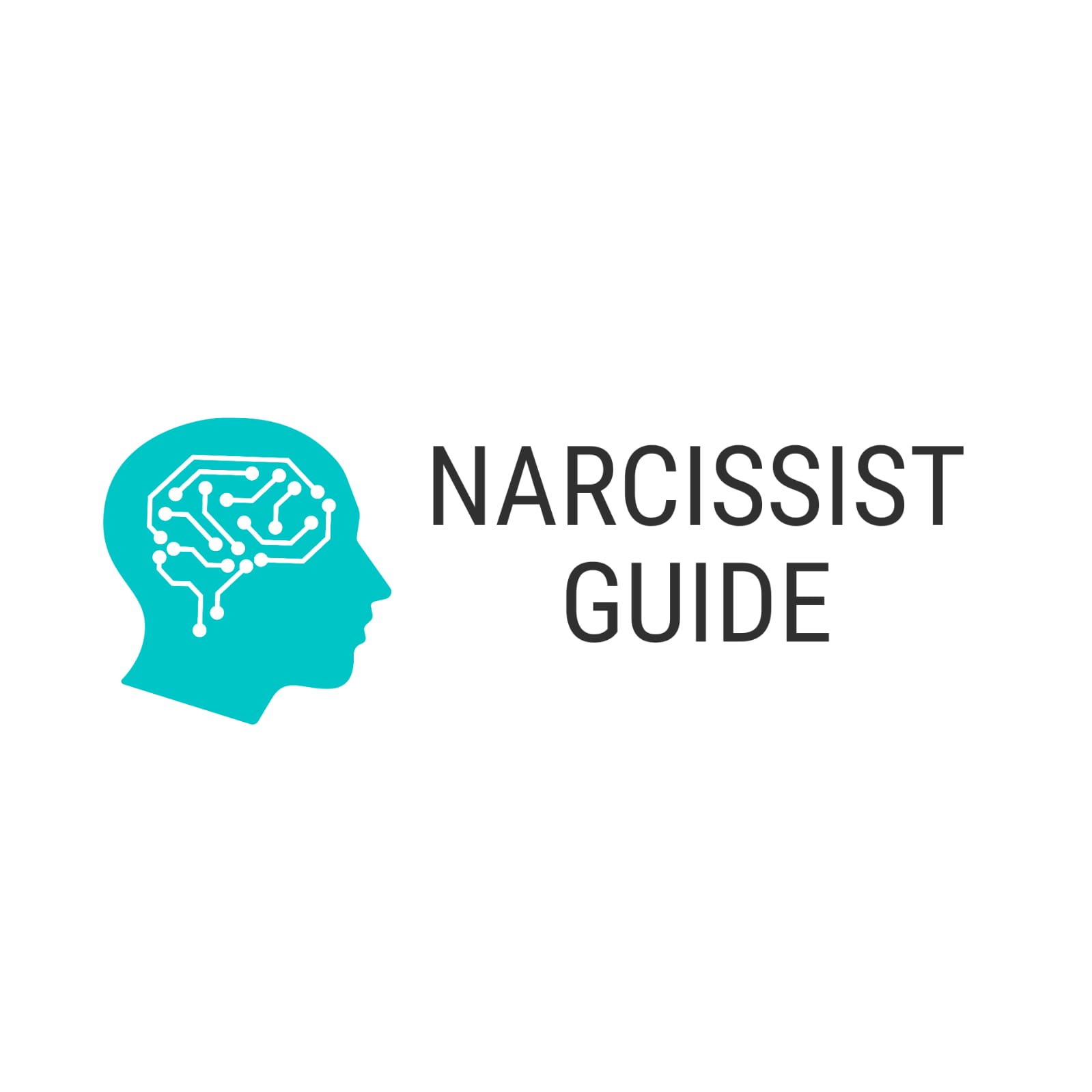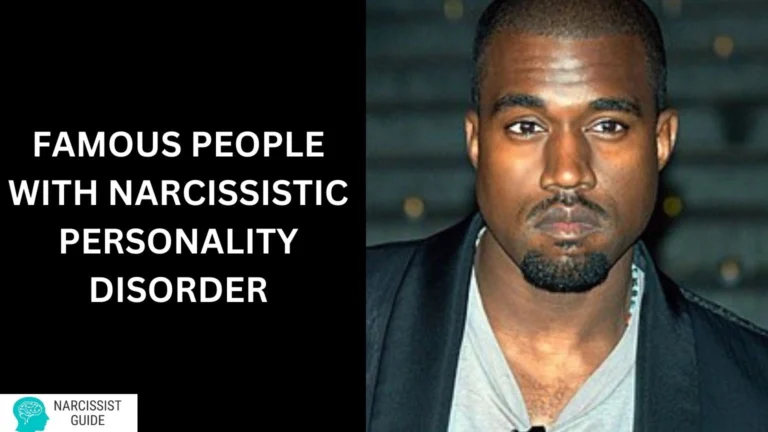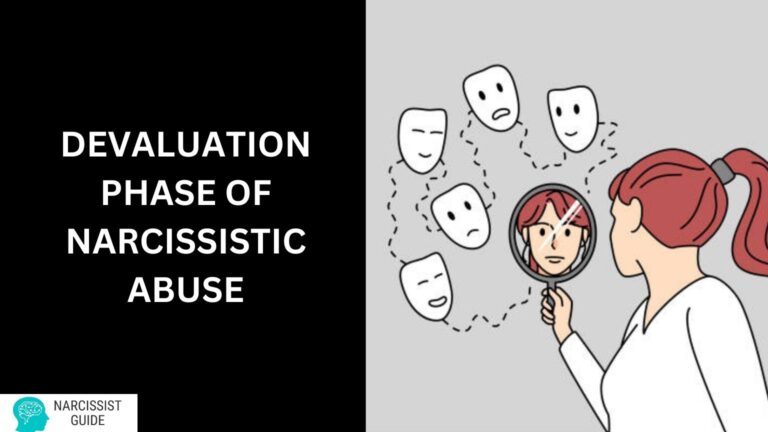Golden Child Syndrome: A Comprehensive Guide
Golden Child Syndrome refers to a psychological phenomenon where one child in a family is perceived as the favorite, often receiving excessive praise, privilege, and attention.
This concept can have profound effects on both the golden child and their siblings. In this article, we will delve into the intricacies of Golden Child Syndrome, its causes, impacts, and ways to address it.
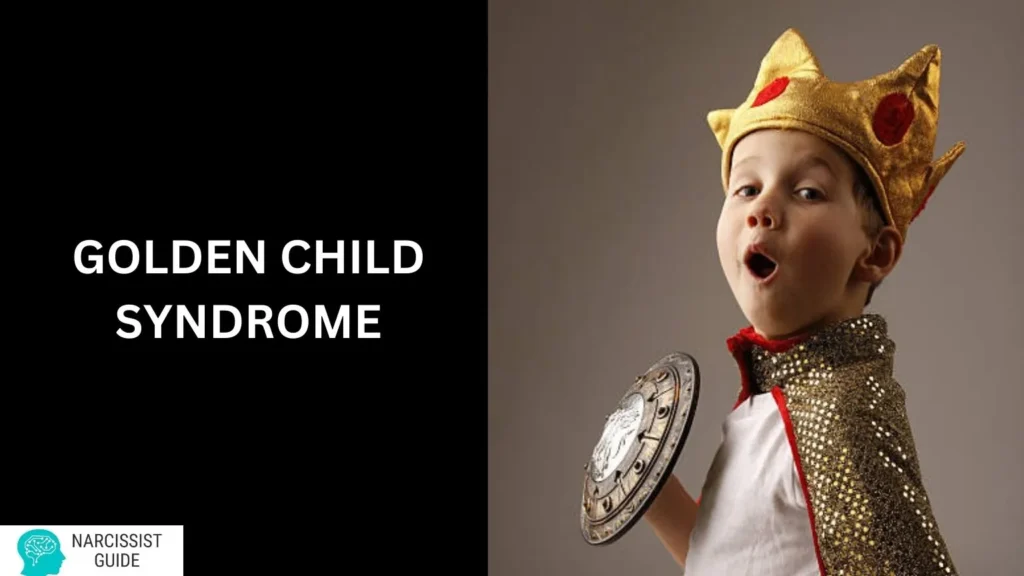
What is Golden Child Syndrome?
Golden Child Syndrome is not an officially recognized psychological disorder but rather a term that describes the dynamics within families.
The “golden child” often embodies the ideal traits and accomplishments valued by parents, leading to an imbalance in familial relationships.
Characteristics of a Golden Child
- Excessive Praise: The golden child often receives an inordinate amount of compliments and recognition for their achievements, which can lead to unrealistic expectations.
- High Expectations: Parents may place significant pressure on the golden child to maintain their status, leading to stress and anxiety.
- Favoritism: This child is often treated more favorably than siblings, leading to feelings of resentment and inadequacy among other children in the family.
The Sibling Experience
Children who are not labeled as the golden child may experience feelings of neglect, jealousy, or frustration. This can lead to long-term emotional and psychological effects, including:
- Low Self-Esteem: Siblings may struggle with self-worth, feeling they can never measure up to the golden child.
- Resentment: The perceived unfairness can foster bitterness and strain sibling relationships.
- Identity Issues: Non-golden children may grapple with their identities, feeling overshadowed and undervalued.
Causes of Golden Child Syndrome
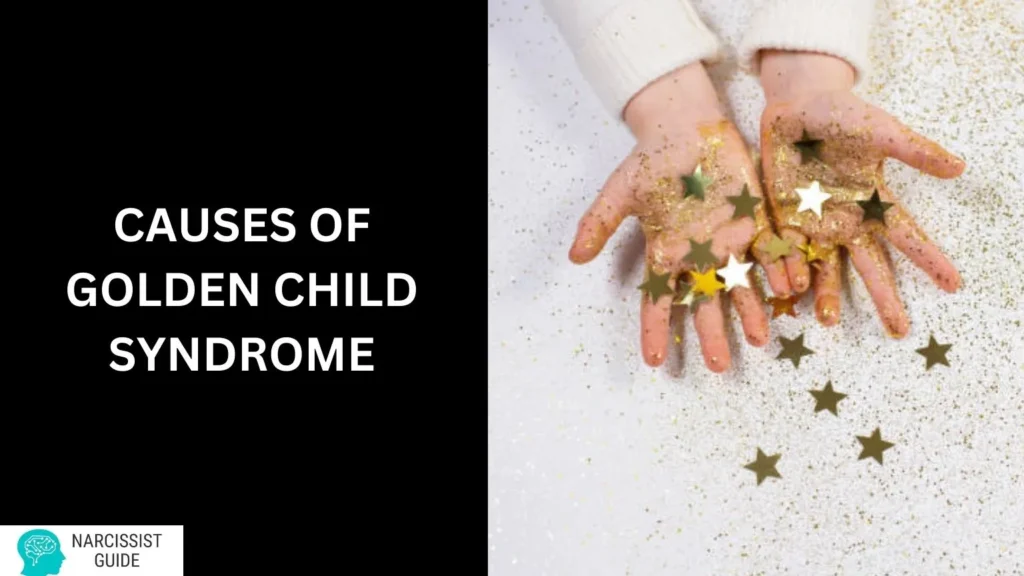
Understanding why Golden Child Syndrome occurs is crucial for addressing its effects. Several factors contribute to this phenomenon:
Parental Expectations
Parents may unconsciously project their aspirations onto one child, believing they possess the qualities necessary for success. This can create an environment where the golden child feels immense pressure to excel.
Cultural Influences
Cultural values can play a significant role in family dynamics. In some cultures, there may be an emphasis on producing high achievers, leading to a scenario where one child becomes the focus of all aspirations.
Personality Traits
Certain personality traits in children, such as being highly compliant or exceptionally talented, may naturally draw parental attention. This can inadvertently lead to the development of Golden Child Syndrome.
Addressing Golden Child Syndrome
To foster healthier family dynamics, it’s essential to address the impacts of Golden Child Syndrome. Here are some strategies:
Open Communication
Encouraging open discussions about feelings and experiences can help alleviate tensions within the family. Parents should regularly check in with all children to ensure they feel valued.
Equal Treatment
Striving for balance in how children are treated can help mitigate feelings of favoritism. This involves recognizing and celebrating each child’s unique strengths and achievements.
Professional Support
If the effects of Golden Child Syndrome are profound, seeking the help of a mental health professional may be beneficial. Therapy can provide a safe space for family members to express their feelings and work towards healthier relationships.
People also ask
What is the golden child personality disorder?
Although not a formal mental health diagnosis, it often includes:
Perfectionism: Constant pressure to meet high standards.
Entitlement: A belief in deserving special treatment.
Low Self-Esteem: Struggles with self-worth despite outward success.
Difficulty with Authenticity: Challenges expressing true feelings or interests.
Resentment: Isolation and jealousy towards siblings or peers.
What happens to a golden child in adulthood?
In adulthood, a golden child may face several challenges stemming from their upbringing:
Perfectionism: They often struggle with unrealistic expectations, leading to anxiety and burnout.
Imposter Syndrome: Despite achievements, they may feel unworthy of success, fearing exposure as a fraud.
Difficulty with Relationships: They may have trouble forming authentic connections, feeling entitled or overly competitive.
Low Self-Esteem: A reliance on external validation can result in persistent feelings of inadequacy.
Resentment and Isolation: They may harbor bitterness towards siblings or peers, impacting their ability to foster healthy relationships.
What is the golden child scapegoat syndrome?
Golden Child-Scapegoat Syndrome is a family dynamic where one child (the golden child) receives excessive praise and favoritism, while another child (the scapegoat) is criticized and blamed for family problems.
Key Points:
Golden Child: Often feels pressure to maintain high standards and may develop entitlement.
Scapegoat: Faces blame and neglect, leading to low self-esteem and emotional distress.
When the golden child wakes up?
This awakening can lead to several realizations:
Self-Awareness: They may start to see how their identity has been shaped by external validation rather than personal desires.
Reevaluation of Relationships: They may notice imbalances in their family dynamics, understanding the effects of favoritism on their siblings and themselves.
Desire for Authenticity: They might seek to express their true feelings and pursue their interests, rather than conforming to others’ expectations.
Addressing Mental Health: They may recognize the anxiety and perfectionism stemming from their upbringing, prompting them to seek therapy or support.
Conclusion
Golden Child Syndrome can significantly impact family dynamics and individual well-being. By recognizing its signs and understanding its causes, families can work towards creating a more equitable and supportive environment. Open communication, equal treatment, and professional guidance can pave the way for healing and healthier relationships among siblings. Remember, every child is unique and deserves love and recognition for who they are, not just for what they achieve.

I’m Dr. James, and I’m glad you’re here. With years of experience in understanding and addressing the complexities of narcissistic behavior, I’ve dedicated my career to helping individuals navigate the challenging dynamics that come with narcissism, whether it’s in personal relationships, workplaces, or family settings.
